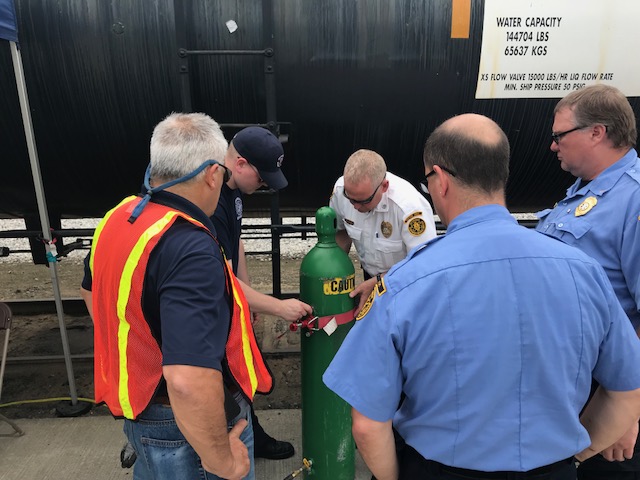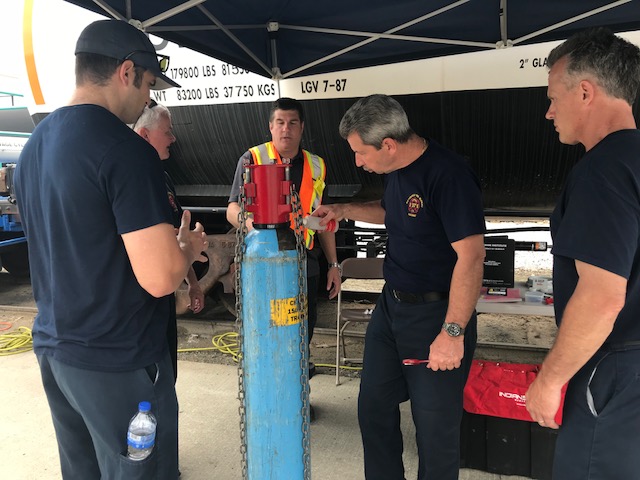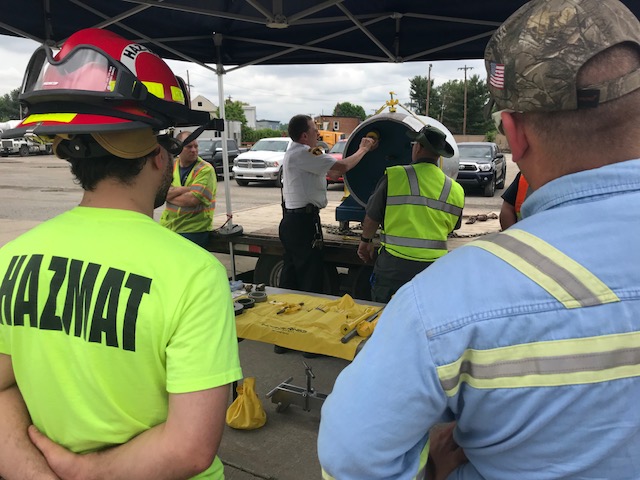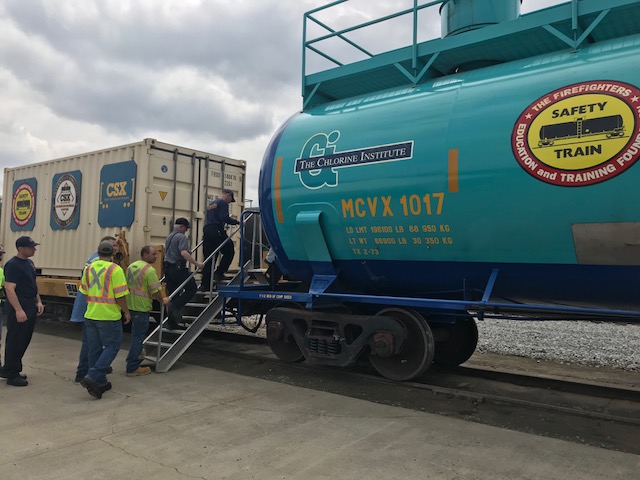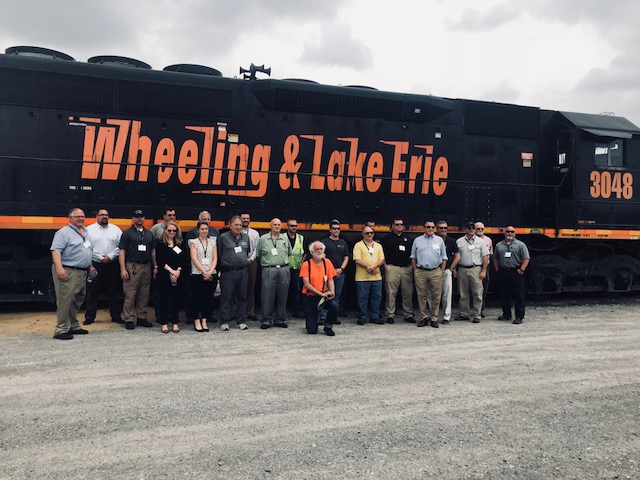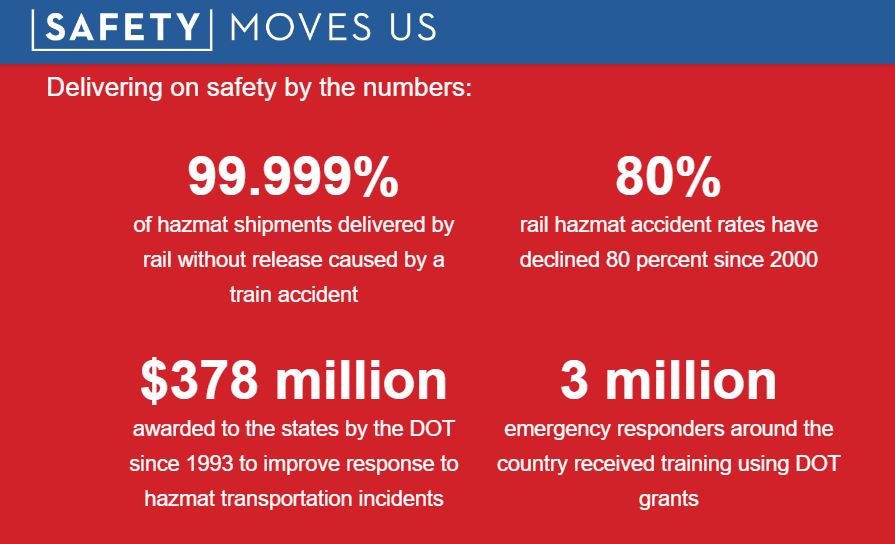Chemical industry applauds officials for leadership in advancing the development of an ethane storage hub
Harrisburg, PA (June 5, 2018) – This week, members of the Pennsylvania General Assembly, led by Sen. Camera Bartolotta (R-Greene/Washington) and Rep. Jim Christiana (R-Beaver), demonstrated their commitment to maximizing the potential of the Marcellus and Utica Shale formations by introducing a resolution to support the establishment of an ethane storage hub in the Appalachian region.
The resolution calls for the expedient passage of several pieces of federal legislation and policies to support the storage hub’s development.
“Pennsylvania has the assets to be a strong player in the global plastics market, and the Shell Polymers plant investment is a signal to industry that Pennsylvania is open for business,” Bartolotta said. “This resolution demonstrates our support for continued momentum in capitalizing on the commonwealth's energy resources long term and ensuring we’re putting natural gas to work for the people of Pennsylvania. The development of an ethane storage hub in the Appalachian region would build a strong foundation for future investments.”
According to “The Potential Economic Benefits of an Appalachian Petrochemical Industry,” a study commissioned by the American Chemistry Council, the region contains enough natural gas liquids feedstock to attract $35 billion in new chemical and plastics industry investment. Investments of this scale could create 100,000 jobs, $28 billion in new economic output, more than $6 billion in annual payroll, and nearly $3 billion a year in federal, state and local tax revenue.“Shell’s investment was the first of many to produce the next generation of industrial and economic prosperity for western Pennsylvania,” Christiana said. “I was proud to play a role in bringing industry, labor and government to the table to make that a reality. That investment started with a conversation, and we need to continue those conversations and efforts to solidify the sustained and diversified benefit of building out markets around the state’s energy resources.”
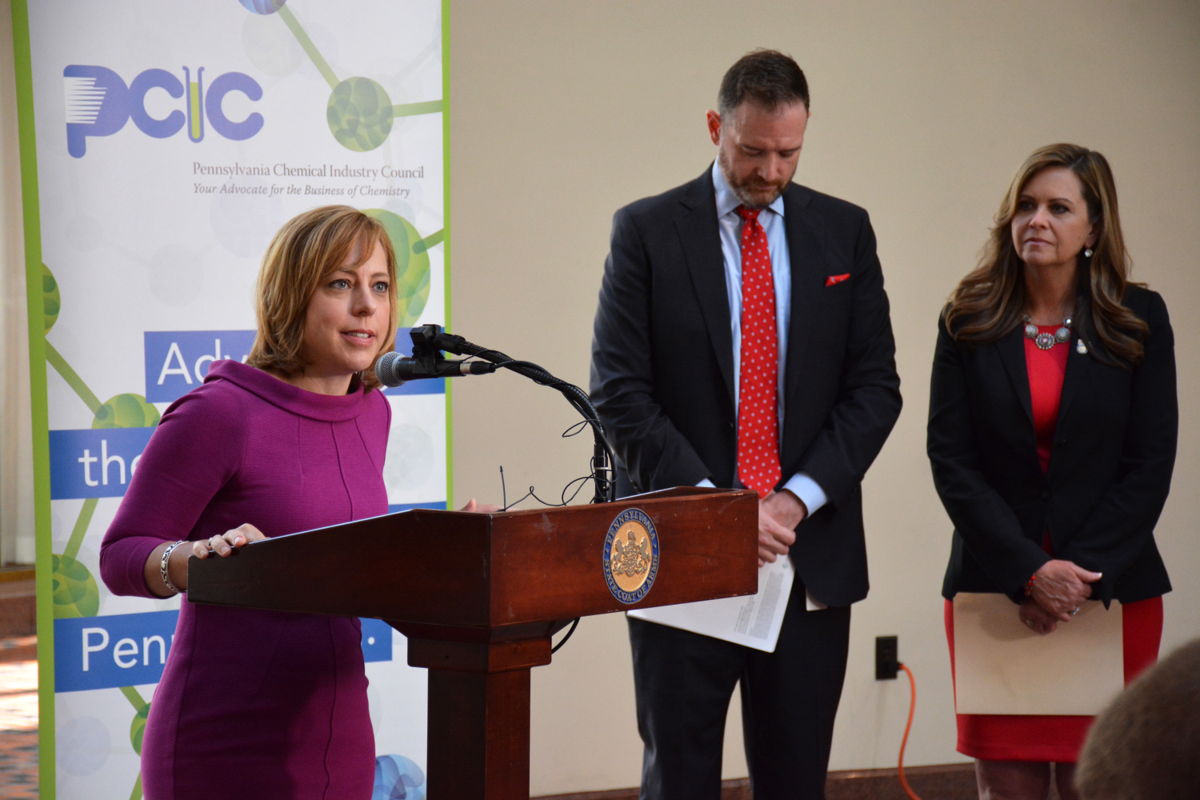



“Our state’s skilled workforce, abundant high-value natural gas, and strategic location make Pennsylvania a prime place for energy investment,” said Team Pennsylvania CEO and President, Ryan Unger. “Improving our state’s natural gas liquids infrastructure is critical to maintain our competitive advantage in securing additional petrochemical investments and growing our plastics industry.”
The natural gas produced from the Marcellus Shale play is rich in ethane and propane, two high-value natural gas liquids used in petrochemical production and plastics manufacturing. The IHS Markit study “Prospects to Enhance Pennsylvania’s Opportunities in Petrochemical Manufacturing,” commissioned by Team Pennsylvania in partnership with the Pennsylvania Department of Community and Economic Development, forecasted that, from 2026 to 2030, the expected ethane production from the Marcellus and Utica Shale plays will be enough to support up to four additional world-scale ethane steam crackers in the region.
“From resin and plastic additives and innovations in product properties, the chemical industry is improving the manufacturing process and making the products we use daily more versatile, durable and sustainable,” Pennsylvania Chemical Industry Council President Abby Foster said. “Many of these global industry leaders have chosen to do business here in Pennsylvania, and the development of ethane storage facilities would drive additional investments to grow the supply chain and solidify this market for Pennsylvania. We applaud the Legislature’s leadership in recognizing this potential and driving support for this growing industry.”




